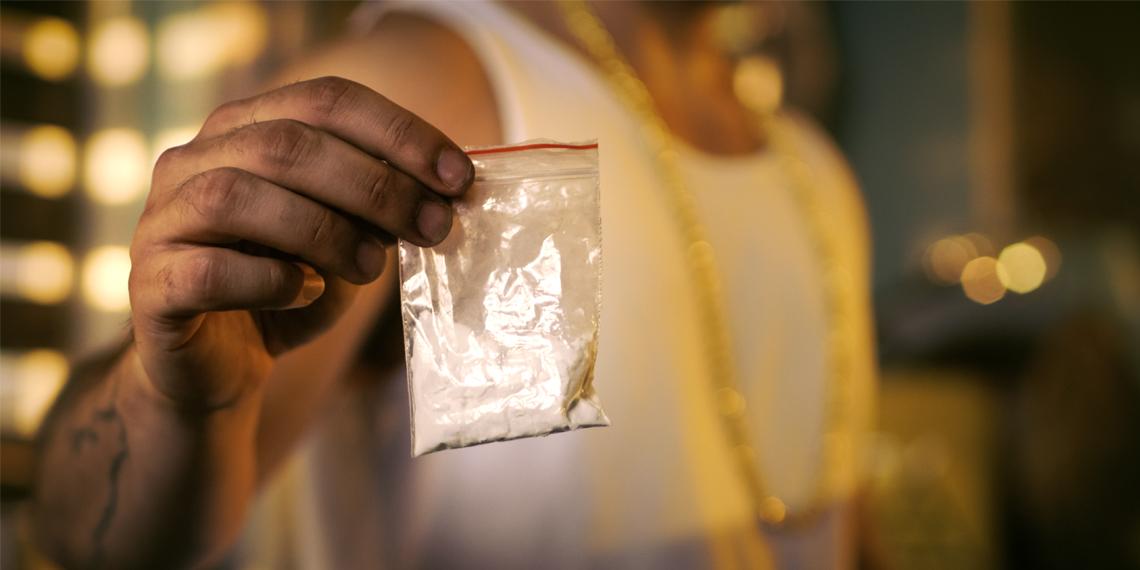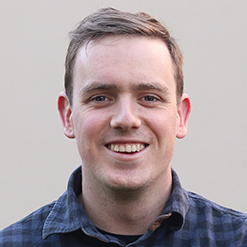You are here
Unique Northland meth programme wins innovation award

A Northland methamphetamine programme has been acknowledged for its unique approach to the treatment of those battling addictions.
The Te Ara Oranga Methamphetamine Demand Reduction Programme took out a Matua Raki Workforce Innovation Award in Rotorua on 13 September, a prize which recognises innovation in work practices contributing to workforce development and wellbeing.
Director of the Northland Salvation Army Regional Bridge services Sue Hay says the programme was innovative in its collaboration with police, Northland DHB Mental Health Services
and non-government addiction agencies, including The Salvation Army Northland Regional Bridge service.
‘It brings together a whole lot of agencies who don’t normally work together and creates referral pathways between us,’ Sue says. ‘This is about putting the person at the centre of the process and thinking about how to engage the user or their family, and to support them in a way that leads to the transformation of their lives.’
The programme drew inspiration from five hui, attended by around 800 people across the Northland region, in 2017. These gatherings were about hearing directly from the community and what they thought a programme of this kind really needed.
‘We were really clear that we wanted this to be community driven,’ says Sue.‘We’ve honoured what came out of those hui in terms of creating local content that is relevant for Northland.’
Te Ara Oranga offers a model that dramatically improves the opportunity to not only reduce methamphetamine supply through enforcement by police, but reduce demand for the Class
A drug by supporting individual users to quit their addiction. A challenge of the programme was learning to work across different agencies—something which ultimately worked in its favour.
Key elements of the project’s success include: the establishment of referral pathways from police into treatment; earlier and more timely treatment and assertive outreach; employment support; the development of community networks; and, carrying out community consultation to shape the resources that have been developed for communities.
Sue says statistics show methamphetamine use in Northland is higher than any other region in New Zealand (twice that of Auckland and three to four times that of Christchurch).
The New Zealand Drug Harm Index suggests the level of use in Northland has had a total estimated personal and social harm cost of $25 million per year. Historically, meth users do not engage readily with treatment providers—it often takes up to seven years for a methamphetamine user to seek help. ‘We were wanting to establish a project that would address that harm and start to intervene at a much earlier point of a substance user’s journey.’
A number of success stories have been shared from the programme. Radio New Zealand reported on the story of Wiremu, a father-of-two who lost his children to foster care when someone complained they weren’t being looked after. ‘I was on a benefit and I was spending $200 a week on meth. I used to lie about having food in the house for the kids,’ Wiremu said. ‘It’s the worst feeling in the world—having your kids snatched from your arms. I never felt so hurt and alone.’
This, along with the death of his mum, prompted Wiremu to go to The Salvation Army for help—a move he says saved his life. ‘It was hard to quit: I had the shakes, I had the spews, woke up 50 times a night but I got off it. We got the kids back just before Christmas and I couldn’t be happier.’
Wiremu and his wife are both employed again and living with their children in emergency housing. Sue said another mother gave up meth use and became more available for her children. She is now able to support a child in their pursuit of representative level sport. ‘I think it would be fair to say that there are a number of government ministers who will be watching this initiative with interest,’ Sue says.
‘I think one of the beauties of this project is that all agencies have been so focused on doing what is right for Northland and for individuals and whānau. There are people who are now
coming to us for treatment because they want to leave a legacy for their kids. They want to re-engage with their kids and they want to change and turn the next generation around.
Ms C—The Road to Recovery
With a partner who has a lengthy criminal record and strong gang connections, Ms C was identified by the Te Ara Oranga policing team as someone who could make headway with breaking the cycle of drug addiction and criminal offending. After her partner was imprisoned in 2017 for charges relating to dealing meth, it became apparent she, too, was using and
selling the drug. As a result she was charged with offering to supply meth. She was periodically seen by a member of the Te Ara Oranga policing team and by late 2017 had signed a referral for treatment.
However, when visited earlier in the year, it appeared she was still very much a meth user. She subsequently pled guilty to her charges and was sentenced to six months home detention. However, she has since joined the Salvation Army programme and says the group feels like a second family.
‘I didn’t realise how much [meth] consumed me and how much time it took away from the kids,’ Ms C said.
She is hugely grateful for the programme, even though her initial attitude didn’t show it. ‘It’s the best thing to happen to me. Like seriously, thank you guys. Thank you. You have really changed my life.
‘I’m really undecided what to do in the future. It’s going to be really hard for me. I know that, but I’m starting to think ahead now. ‘I really want to do something working with kids
one day. I’m looking forward to getting back into exercise when I get my home detention bracelet off. It’s something I used to do a lot of and I want to start doing things like that again.’
(c) 'War Cry' magazine, 3 November 2018, p14-15- You can read 'War Cry' at your nearest Salvation Army church or centre, or subscribe through Salvationist Resources.
